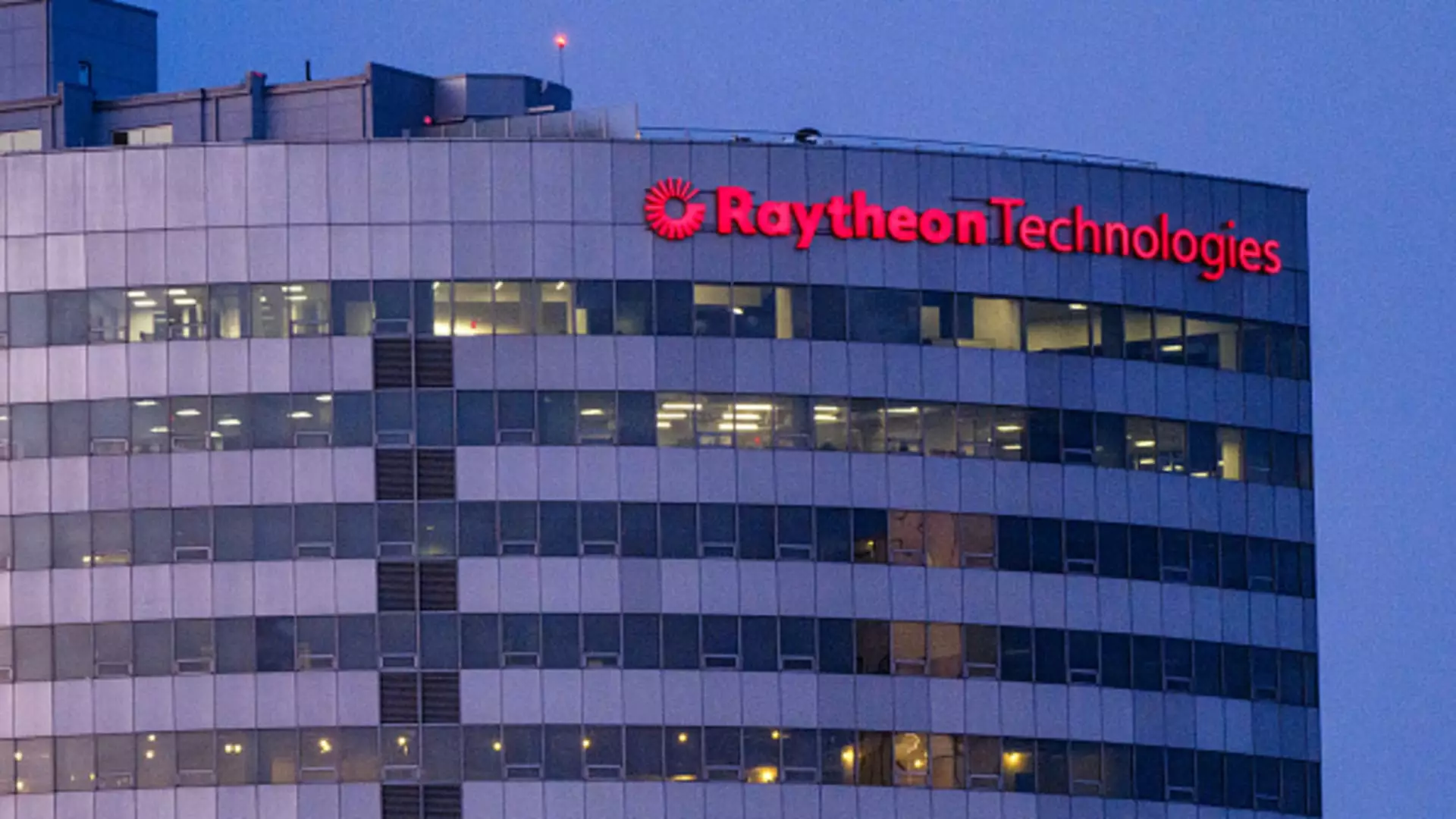In a significant move that underscores the potential pitfalls of corporate malfeasance, Raytheon, a subsidiary of RTX, has reached agreements totaling over $1.07 billion to resolve serious investigations led by the U.S. Department of Justice (DOJ) and the Securities and Exchange Commission (SEC). These investigations revolved around severe allegations of government contract fraud, violations of foreign bribery laws, and breaches of the Arms Export Control Act. The scale of these legal matters not only highlights the vulnerabilities within corporate governance but also points to the imperative need for transparency and accountability in defense contracting.
A critical aspect of the settlement involves Raytheon’s admission of engaging in bribery, particularly towards influential figures in Qatar. According to SEC filings, Raytheon disbursed over $32 million in bribes to a relative of the emir and various military officials to secure lucrative defense contracts. This behavior raises alarm bells about the ethical ramifications of business practices in international contexts. When a defense contractor resorts to bribery to secure contracts, it not only tarnishes its reputation but also jeopardizes national security interests, as such actions interfere with fair competition and compromise the integrity of the defense procurement process.
To mitigate future occurrences of similar misconduct, the DOJ has mandated that Raytheon engage in deferred prosecution agreements across various jurisdictions, including Brooklyn and Massachusetts. These agreements serve both as a punitive measure and a proactive step towards reform. By enhancing its internal compliance programs and retaining an independent monitor for three years, Raytheon is attempting to establish a framework for better oversight and ethical conduct moving forward. This is particularly crucial for a company whose operations directly impact national defense and, consequently, the security of the American public.
Echoing the sentiments of Deputy Assistant Attorney General Kevin Driscoll, Raytheon’s actions are indicative of a broader pattern of behavior that has severe implications for public trust. Such fraudulent acts not only distort the marketplace but also place an undue burden on taxpayers who rightfully expect their government and its contractors to operate with integrity. The defense industry is unique in its reliance on public funds, making accountability a necessity rather than an oversight.
RTX has publicly acknowledged the misconduct, framing the settlements as a step towards accountability. However, it’s essential for the firm to convey a genuine commitment to change, beyond merely settling legal disputes. To restore trust, the company must demonstrate a proactive approach to ethical behavior that aligns with its public obligations as a defense contractor.
Raytheon’s considerable settlements serve as both a cautionary tale and a wake-up call for other defense contractors. As investigations into corporate malfeasance become increasingly rigorous, firms in this sector must re-evaluate their ethical frameworks and compliance systems. The need for vigilance in corporate governance is paramount as the implications of such scandals can have lasting consequences that extend well beyond the courtroom. For the defense industry, where stakes are high and trust is paramount, clear boundaries between ethical conduct and corporate greed will be vital in shaping future operations.

Leave a Reply